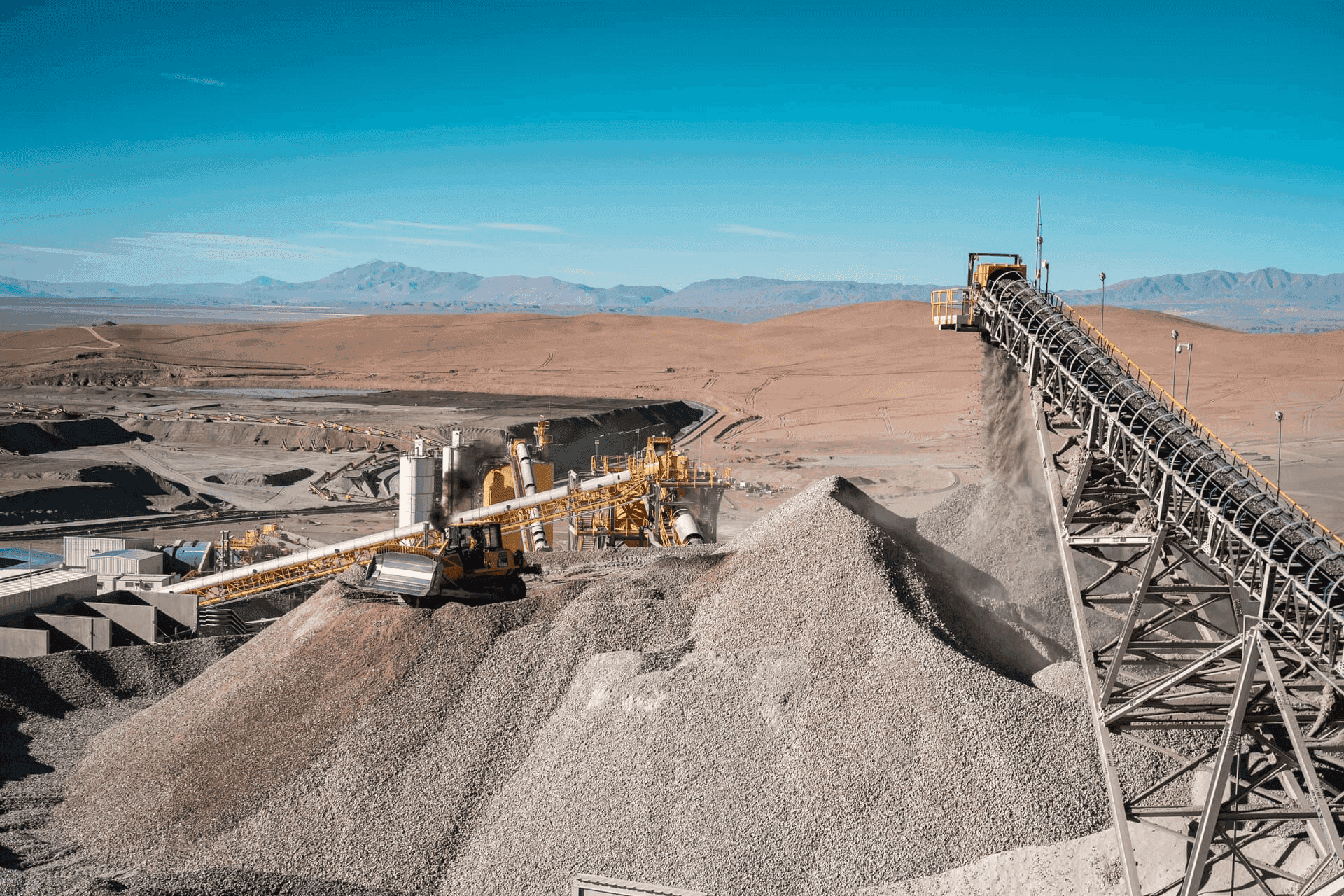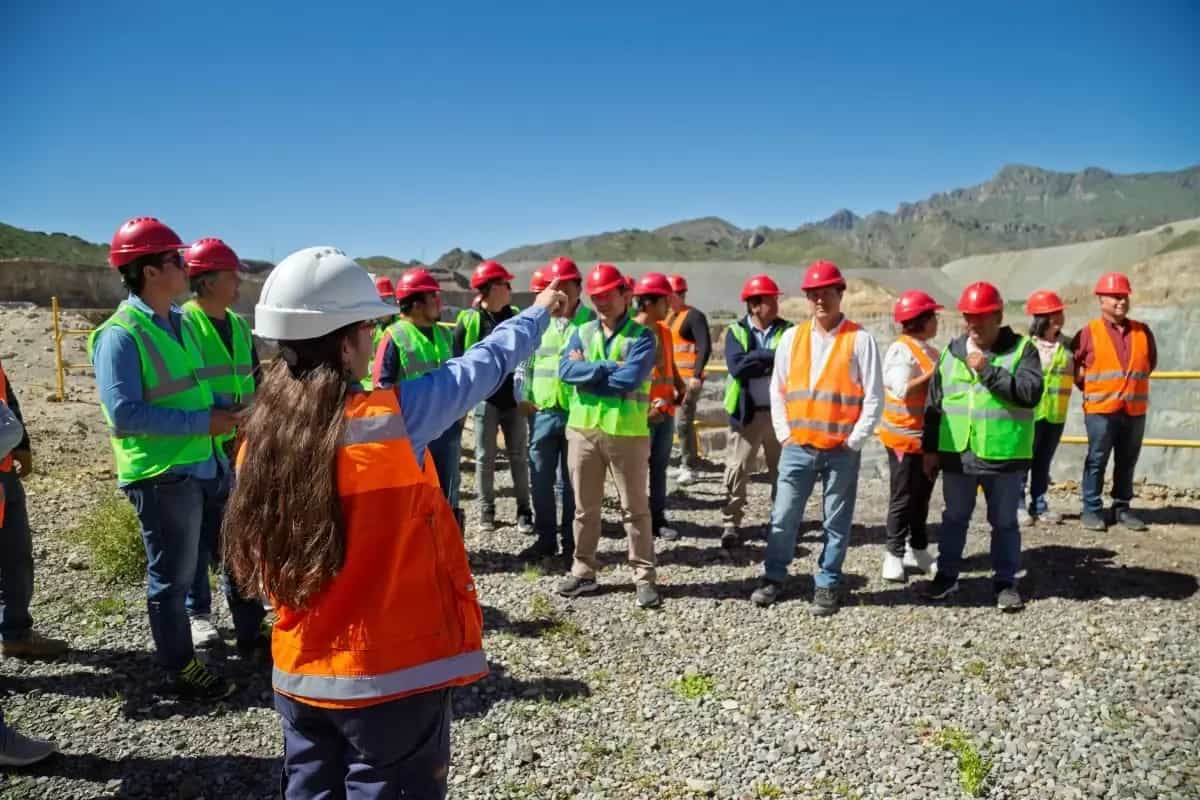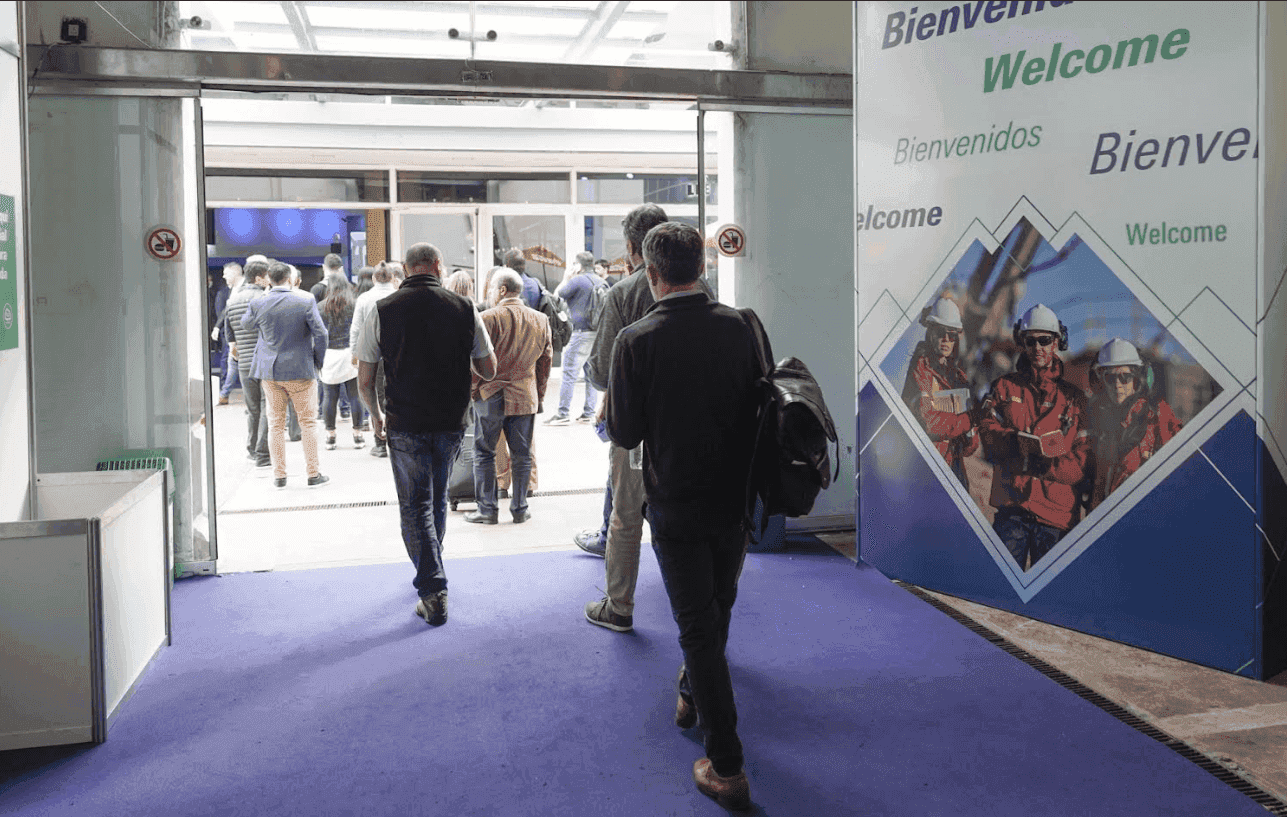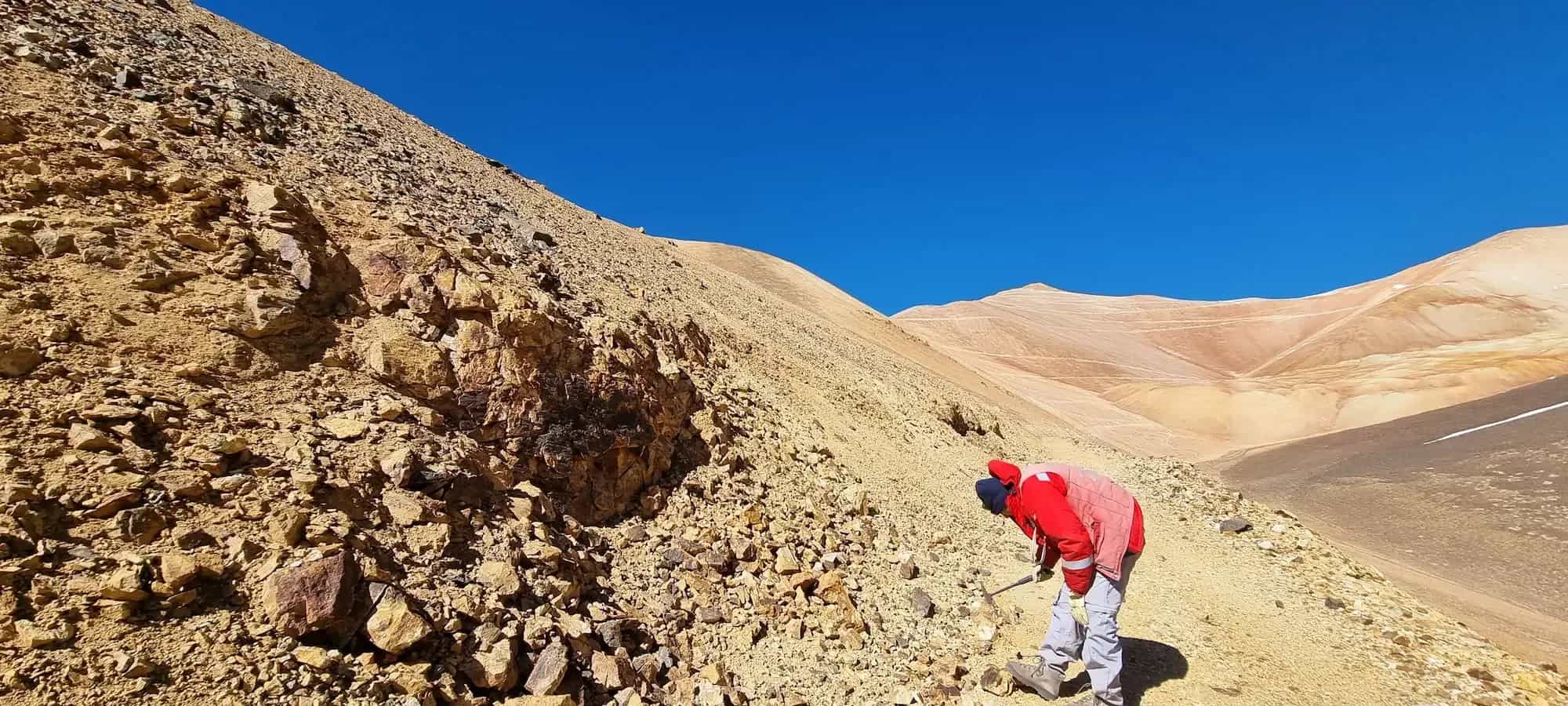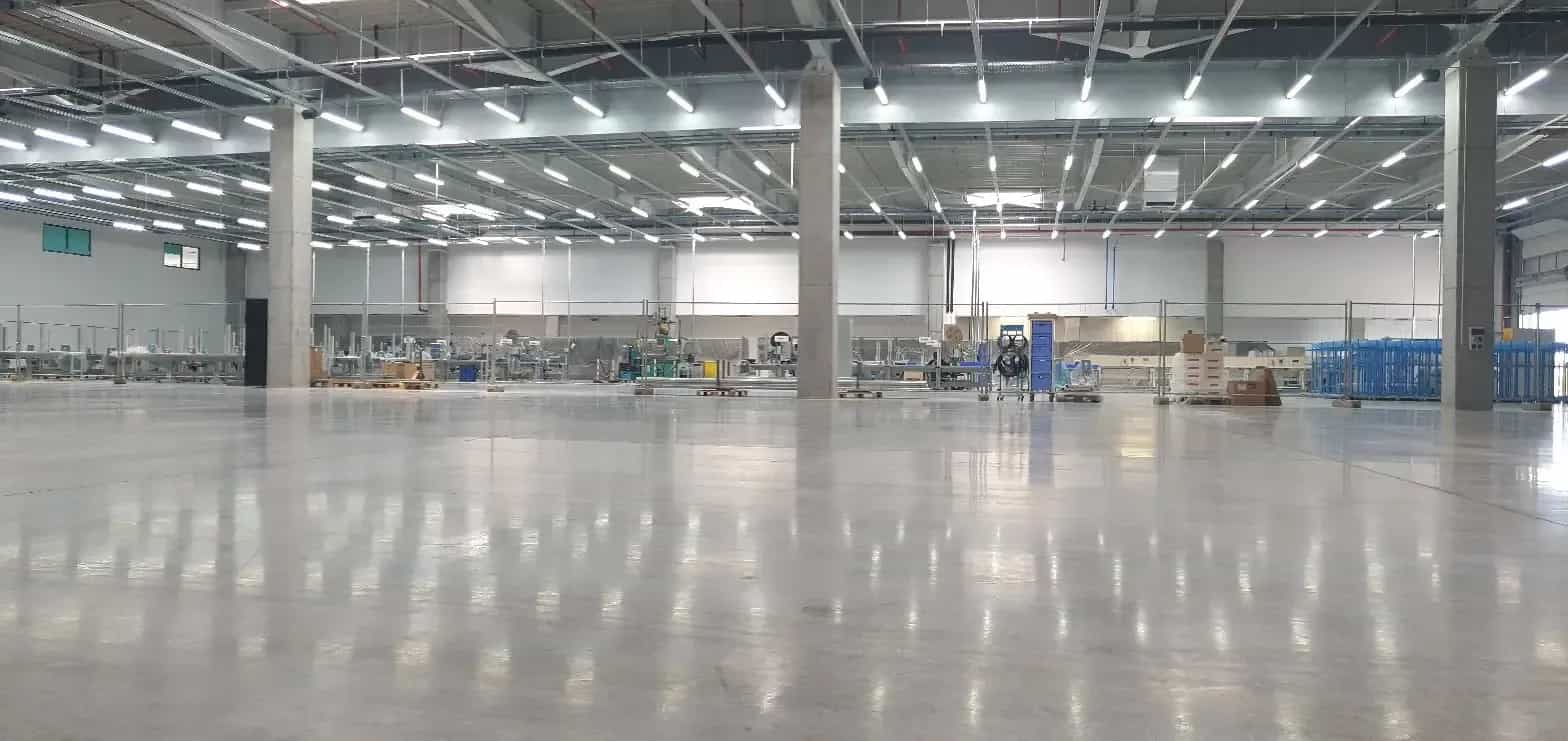In a context where sustainability is becoming a fundamental pillar for the mining and basic materials industries, Grupo Calidra launched its first native plant nursery in Argentina, with an initial capacity of 18,000 plants. The project, aligned with the company’s ESG strategy, aims to restore areas impacted by its operations and foster stronger relationships with nearby communities.
By Panorama Minero
As one of the main suppliers of lime to the copper, lithium, and gold mining sectors across the Southern Cone, Grupo Calidra established its nursery just 7 kilometers from its industrial plant in La Laja, in an arid ecosystem characterized by native species such as mesquite trees, acacias, jarillas, and various cacti. The core objective is to produce native plants for the reforestation of areas affected by mining and construction activities, using locally collected seeds to preserve the region’s genetic diversity.
The nursery covers an area of 2,000 m², with a main greenhouse of 400 m², and has been designed to scale up production to 25,000 plants. Among the cultivated species are:
-
White mesquite (Prosopis alba) and Chilean mesquite (Prosopis chilensis), essential for nitrogen fixation and soil recovery.
-
Jarilla (Larrea), a key shrub for local biodiversity conservation.
-
Retamo (Bulnesia retama) and various cacti, highly resilient and adapted to water-scarce environments.
-
Lycium chilense, a typical solanaceous plant of arid regions.
“We work with seeds collected from the same locations where the new plants will later be transplanted, ensuring their adaptation and maintaining the genetic identity of the species,” explained Andrea Muñoz, Environmental Coordinator for Grupo Calidra Cono Sur.
Beyond its environmental focus, the project seeks to generate strong community engagement. Through educational visits and planting days, the initiative aims to raise awareness among students, institutions, and local residents about the importance of preserving native flora, highlighting its ecological value and low maintenance requirements in arid areas.
“Sustainability goes beyond isolated actions: it means rebuilding the ecosystems that support us and fostering environmental knowledge in future generations,” added Renzo Muñoz, Sustainable Development Supervisor at Grupo Calidra.
The plants cultivated in the nursery will be used for reforestation projects around the company's La Laja, Villicum, Los Berros, and Padre Bueno plants, supporting Grupo Calidra’s environmental commitments in the region.
Through this project, the company not only seeks to mitigate the environmental impact of its extractive activities but also to develop replicable restoration models in Argentina and Chile, two strategic markets where it supplies high-quality lime and carbonates to the mining and metallurgical industries.




